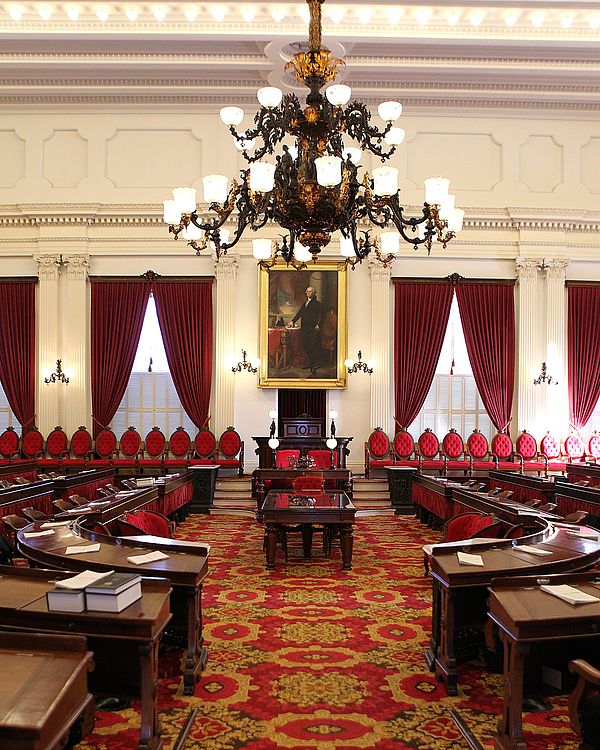Before adjourning for the year the Vermont House and Senate agreed on the terms of a key water quality bill. The legislation was a major LCC priority and we thank Governor Shumlin, Vermont environmental agencies, legislators and activists that helped bring the water quality bill to fruition this session.
The bill raises $7.5 million in new revenues. The money will come from a 0.2% increase in the property transfer tax, an increase in the cost of a variety of water quality related permit fees, and a $30 per ton levy on nonagricultural fertilizers. The property transfer tax surcharge raises the most revenue. The surcharge excludes the first $100,000 of value of property and properties purchased through certain low interest loan programs. The legislation repeals the surcharge in 2018.
The property transfer tax surcharge replaced other revenue sources that had been considered and then dropped. Most prominent among these was a fee per parcel. In various earlier iterations such a fee would have been assessed on everyone in the state, only businesses, or only businesses in the Champlain Basin. Some versions would have had a tiered assessment based on the impervious surface of the parcel in question, but ultimately this was deemed too complicated to proceed with at the present time. Instead, the legislation directs the State Treasurer to recommend a water quality revenue source designed to collect revenue “in proportion to the negative impacts of property, parcel use, parcel type, or activity on the water quality of the State.” The report is due one year before repeal of the property transfer tax surcharge, so the legislature will have an opportunity to consider alternative means of replacing the lost revenue.
Just under half of the new revenue will be used to hire eight people in the Agency of Agriculture and 13 in the Department of Environmental Conservation (VT DEC). New employees will conduct farm inspections and help implement the Lake Champlain clean-up plan (TMDL) expected from EPA this summer.
There are also numerous policy revisions in the bill. It requires VT DEC to establish a new permit system for municipal roads. It calls for changing the name of Acceptable Agricultural Practices to Required Agricultural Practices and revising them so they are more protective of water quality. Farmers who are shown to be out of compliance with these practices will no longer be eligible for reduced tax rates through the Current Use program. It creates a small farm certification program, requires new training programs for farm operators and custom manure applicators, and streamlines agricultural enforcement operations. The legislation increases the involvement of Regional Planning Commissions in basin planning and calls for revision of forestry Acceptable Management Practices.
Overall the bill is a significant step forward for addressing water quality issues. The new revenues will help immensely but will not be sufficient to address all needs. The source of the funding is broad-based and sustainable. On the other hand, LCC would rather see a stronger tie between the revenue source and the sources of lake pollution. No bill coming out of the legislative process is perfect, but we will take the progress represented by this bill and build on it in the future.
